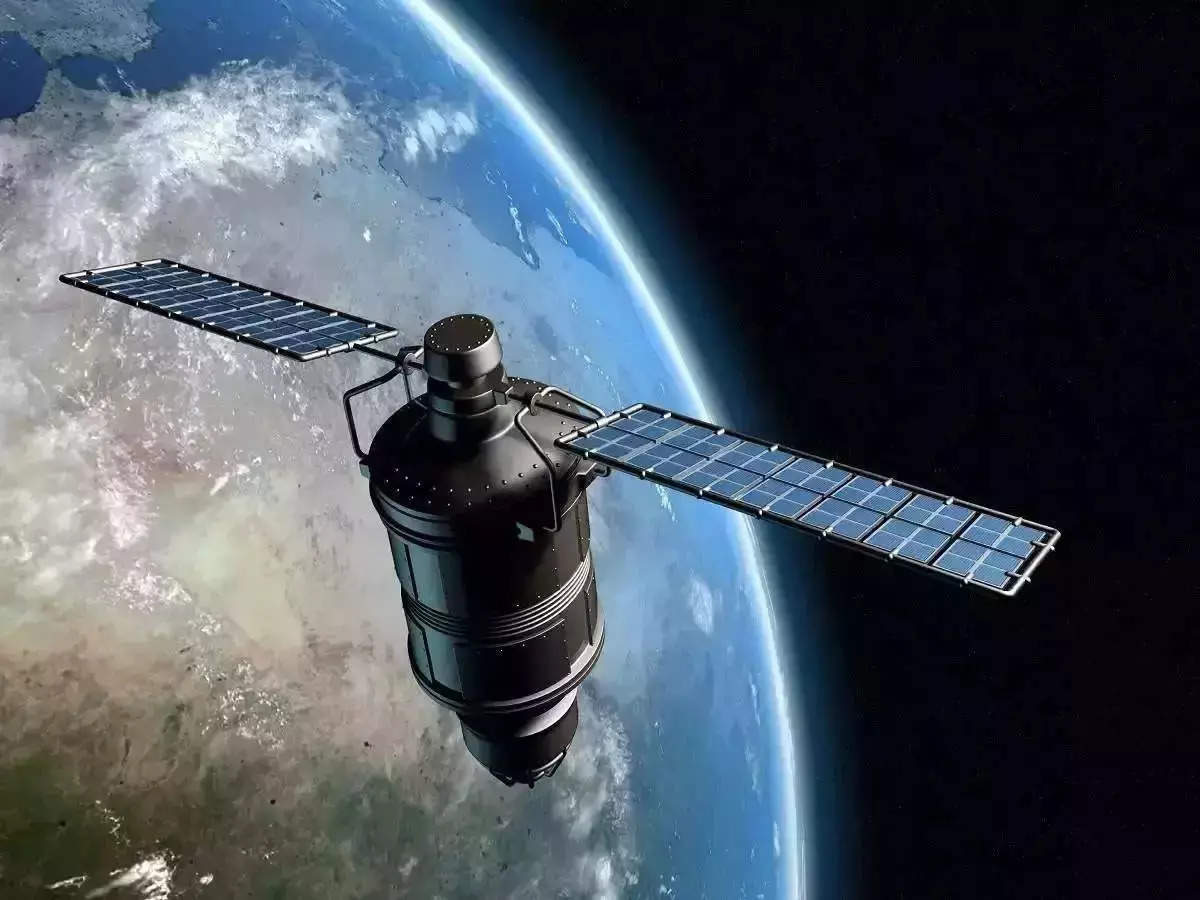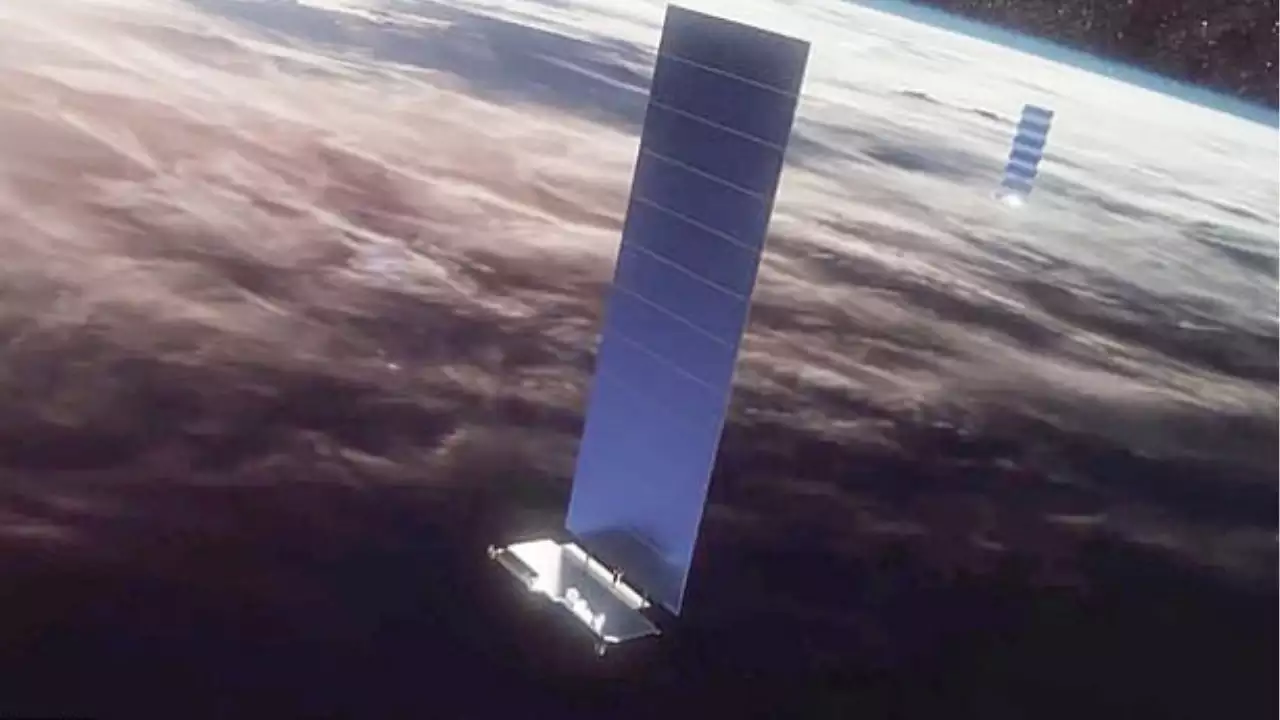In recent developments that have sent ripples across the political and technological spheres, SpaceX and its pioneering satellite internet service, Starlink, founded by the enigmatic billionaire Elon Musk, find themselves at the heart of a contentious investigation led by the US Congress. At the crux of this probe are allegations hinting at the possible violation of US sanctions by SpaceX, specifically concerning the utilization of Starlink technology by Russia amidst its ongoing conflict with Ukraine.
This controversy not only raises questions about international sanctions compliance but also underscores the complex intersection of global technology applications and geopolitical tensions.

SpaceX’s Dual Role in the Ukraine-Russia Conflict
The narrative surrounding SpaceX’s involvement in the Russia-Ukraine conflict is as multifaceted as it is intriguing. On one hand, Starlink has been lauded for its pivotal role in keeping Ukraine connected to the world, especially in the face of a brutal invasion that threatened to sever its digital lifelines.
Musk’s decision to provide Ukraine with satellite internet access, a move initially funded by Musk himself before transitioning the financial responsibility to the US government, was widely perceived as a beacon of support in Ukraine’s darkest hours.
However, the plot thickens with allegations surfacing about the illicit use of Starlink technology by Russian forces in occupied regions of Eastern Ukraine. These allegations, fueled by intercepted communications among Russian soldiers, suggest a clandestine operation leveraging Starlink terminals to coordinate attacks against Ukrainian troops.
Such actions, if proven true, would not only contravene US sanctions but also raise significant ethical and legal dilemmas regarding the unauthorized military application of civilian technologies.

Congressional Scrutiny and SpaceX’s Defense
The spotlight turned even more intensely on SpaceX when US representatives Jamie Raskin and Robert Garcia penned a probing letter to the company’s President Gwynne Shotwell.
This letter embodies the growing apprehensions within the US legislative framework about the potential misuse of Starlink technology by Russia, a nation under stringent US sanctions. The Congress’ inquiry aims to unravel the extent of SpaceX’s knowledge and involvement in the alleged facilitation of Starlink’s access to Russian entities.
In response to these burgeoning allegations, Elon Musk has staunchly defended SpaceX’s stance, categorically denying any transactions of Starlink terminals with Russia. Musk’s rebuttal, aimed at dispelling what he terms “false news reports,” underscores a firm denial of any direct or indirect sales to Russian users.
Moreover, Musk’s prior declarations, asserting that Starlink satellites would maintain connectivity within Russia, add another layer of complexity to the ongoing investigation, highlighting the nuanced challenges of enforcing sanctions in the age of global satellite internet.
BREAKING: House Democrats have launched a probe into Elon Musk's SpaceX, scrutinizing the firm's measures to ensure that Russia cannot use its Starlink satellite internet service in the conflict against Ukraine. pic.twitter.com/3JYqrvthTj
— Brian Allen (@allenanalysis) March 7, 2024
The Bigger Picture: Technology’s Role in Modern Warfare and Diplomacy
The unfolding controversy surrounding SpaceX, Starlink, and their alleged connections to Russia transcends mere legal and ethical considerations, venturing into the broader discourse on the role of technology in modern warfare and international relations.
As global conflicts increasingly incorporate cyber and technological dimensions, the responsibilities of tech companies like SpaceX in navigating these murky waters have never been more critical.

While the allegations against SpaceX and Starlink introduce a layer of complexity to the company’s laudable achievements in revolutionizing internet access globally, they also serve as a stark reminder of the intricate challenges facing tech companies in an era where digital technologies are increasingly enmeshed in the fabric of international conflict and diplomacy.
As this situation unfolds, it remains to be seen how SpaceX will navigate these tumultuous waters and what implications this will have for the future of global tech governance.









